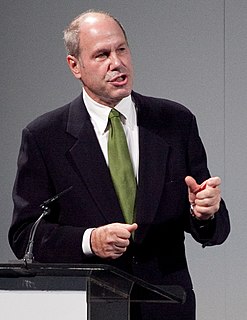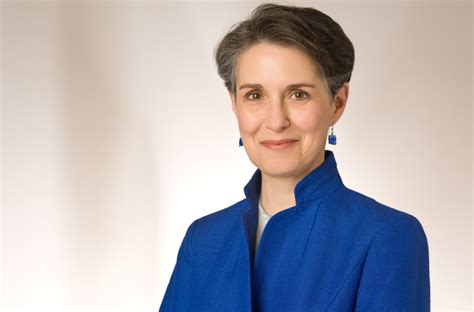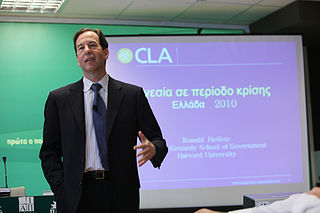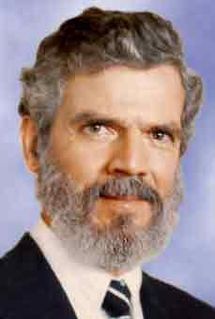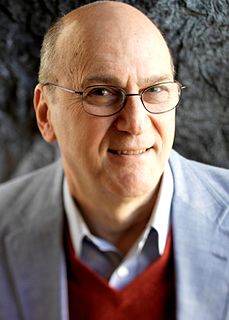A Quote by Donatella Versace
Creativity comes from a conflict of ideas.
Quote Topics
Related Quotes
When you have a conflict, that means that there are truths that have to be addressed on each side of the conflict. And when you have a conflict, then it's an educational process to try to resolve the conflict. And to resolve that, you have to get people on both sides of the conflict involved so that they can dialogue.
Someone once said that innovation is a done idea. I agree. I believe that creativity is the individual development and conceptualization and that innovation in an organizational sense is implementing ideas and intentions that come from that creativity. So in a sense, creativity is more a leadership function and innovation is more a managerial function.
Creativity is the generation and initial development of new, useful ideas. Innovation is the successful implementation of those ideas in an organization. Thus, no innovation is possible without the creative processes that mark the front end of the process: identifying important problems and opportunities, gathering relevant information, generating new ideas, and exploring the validity of those ideas.
Creativity is a challenge. It requires us to be fully human -- autonomous yet engaged, independent yet interdependent. Creativity bridges the conflict between our individualistic and our sociality. It celebrates the commonality of our species while simultaneously setting us apart as unique individuals.
One of the things meditation gives you is creativity because creativity really comes from the subconscious brain - intuition, imagination - so it's not like you can go there and say, I'm going to go be creative now. Maybe you can, but the real way you get creativity is, you know, you're taking a hot shower and great ideas come to you from the subconscious. Essentially, meditation opens a pipeline between the conscious and the subconscious.
Our knowledge and our ability to handle our problems progress through the open conflict of ideas, through the tests of phenomenological adequacy, inner consistency, and practical-moral consequences. Reason may err, but it can be moral. If we must err, let it be on the side of our creativity, our freedom, our betterment.






